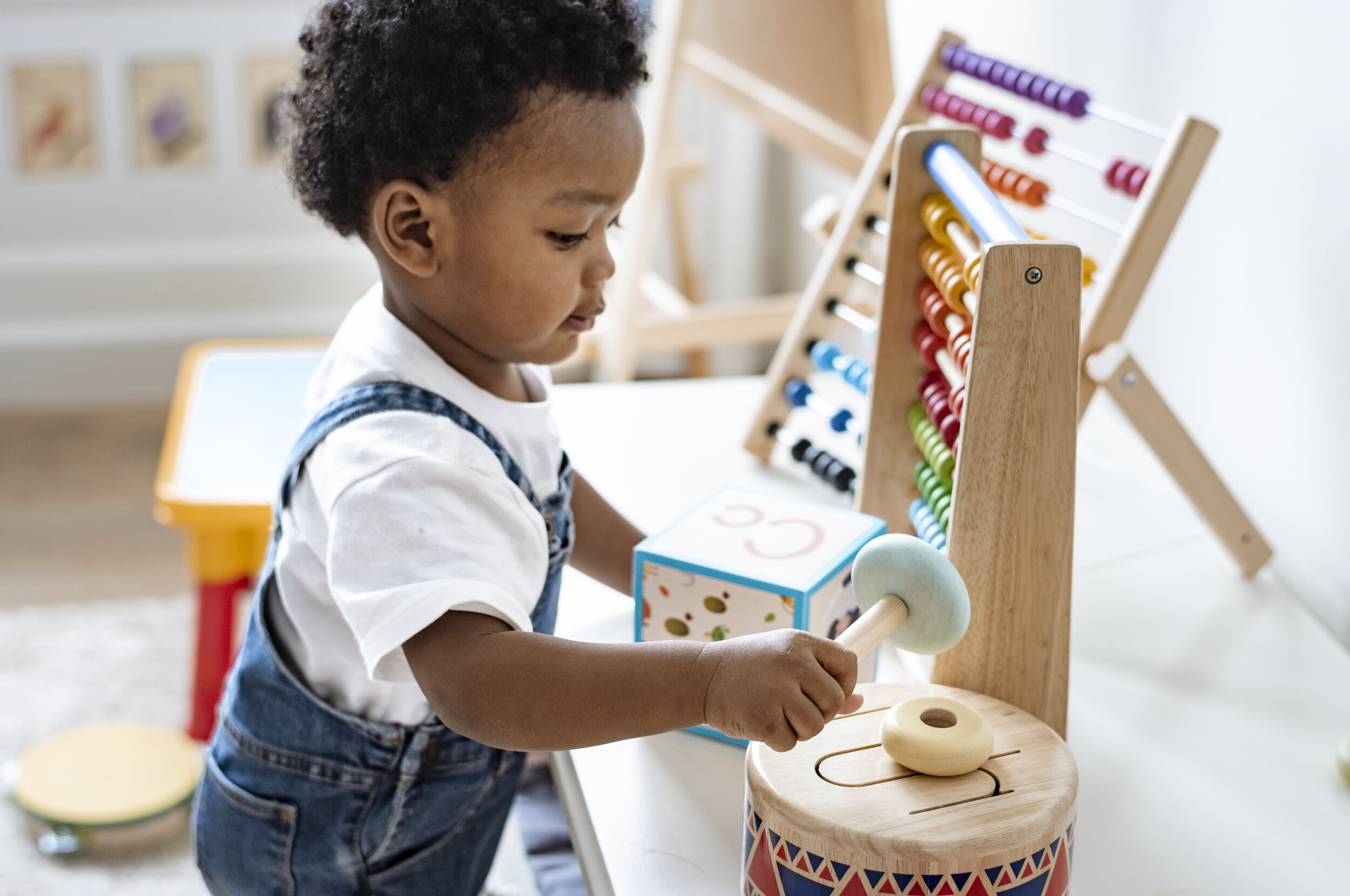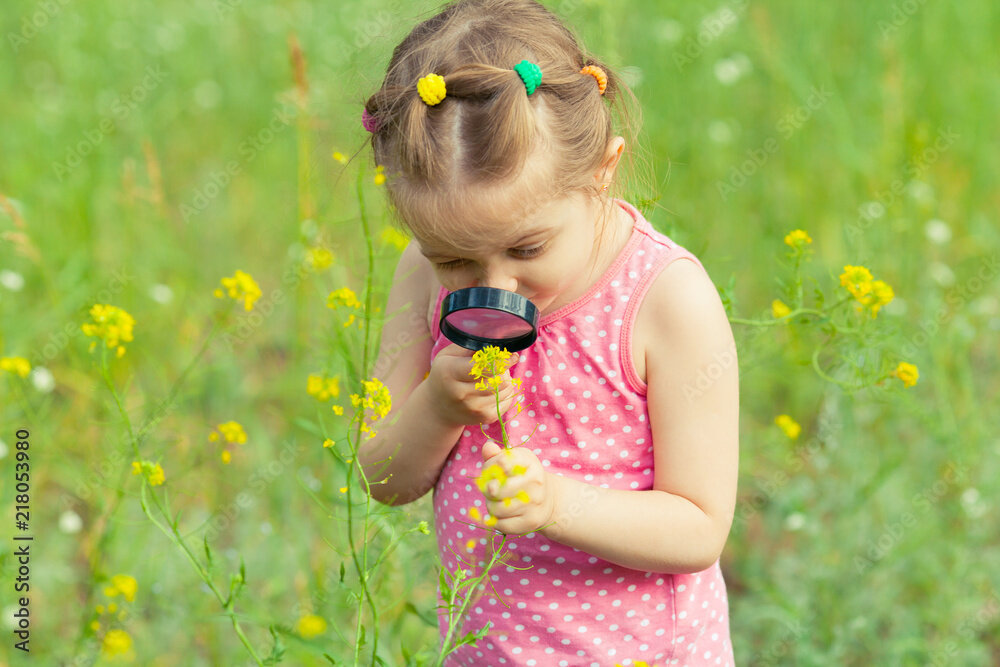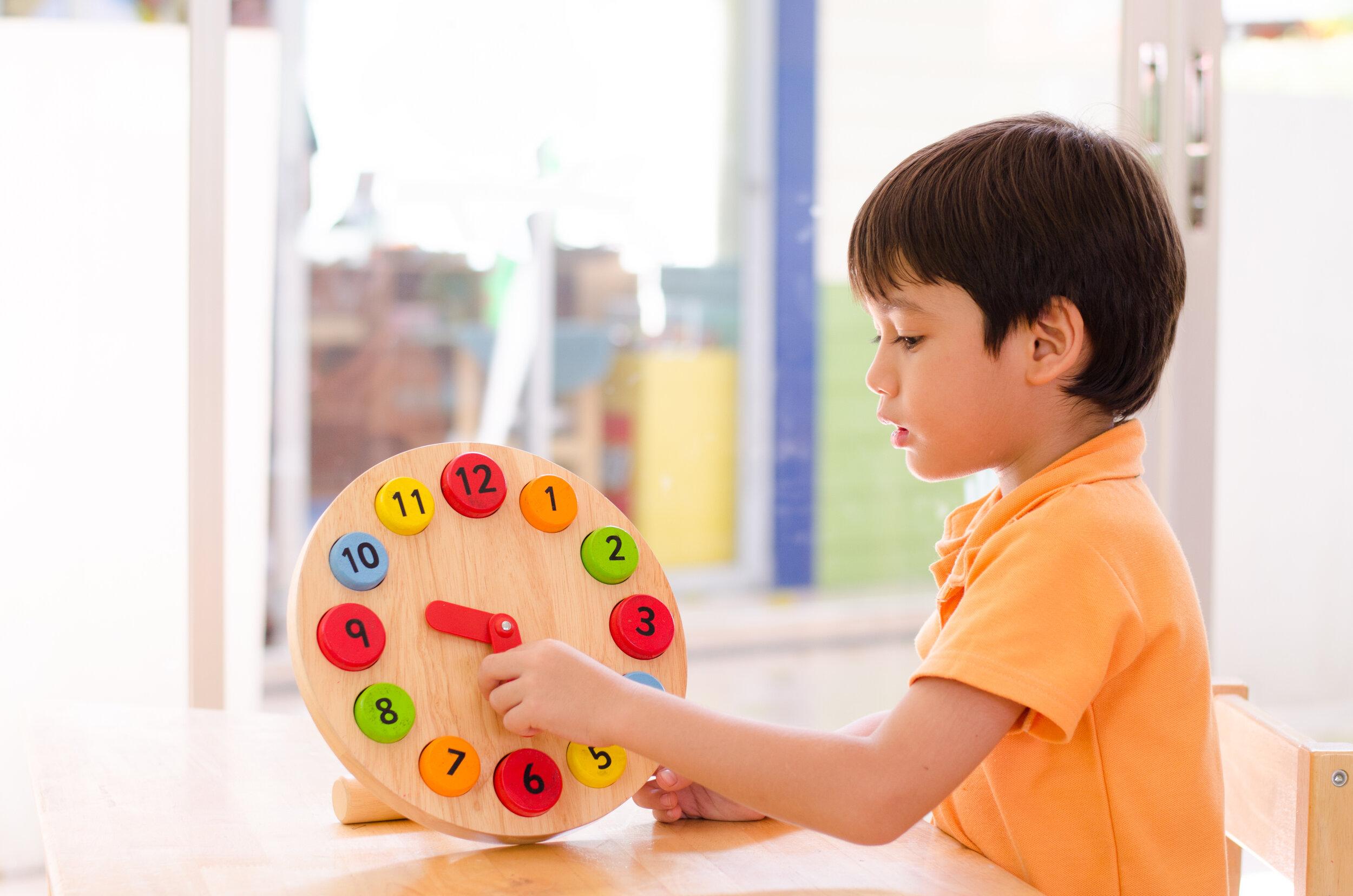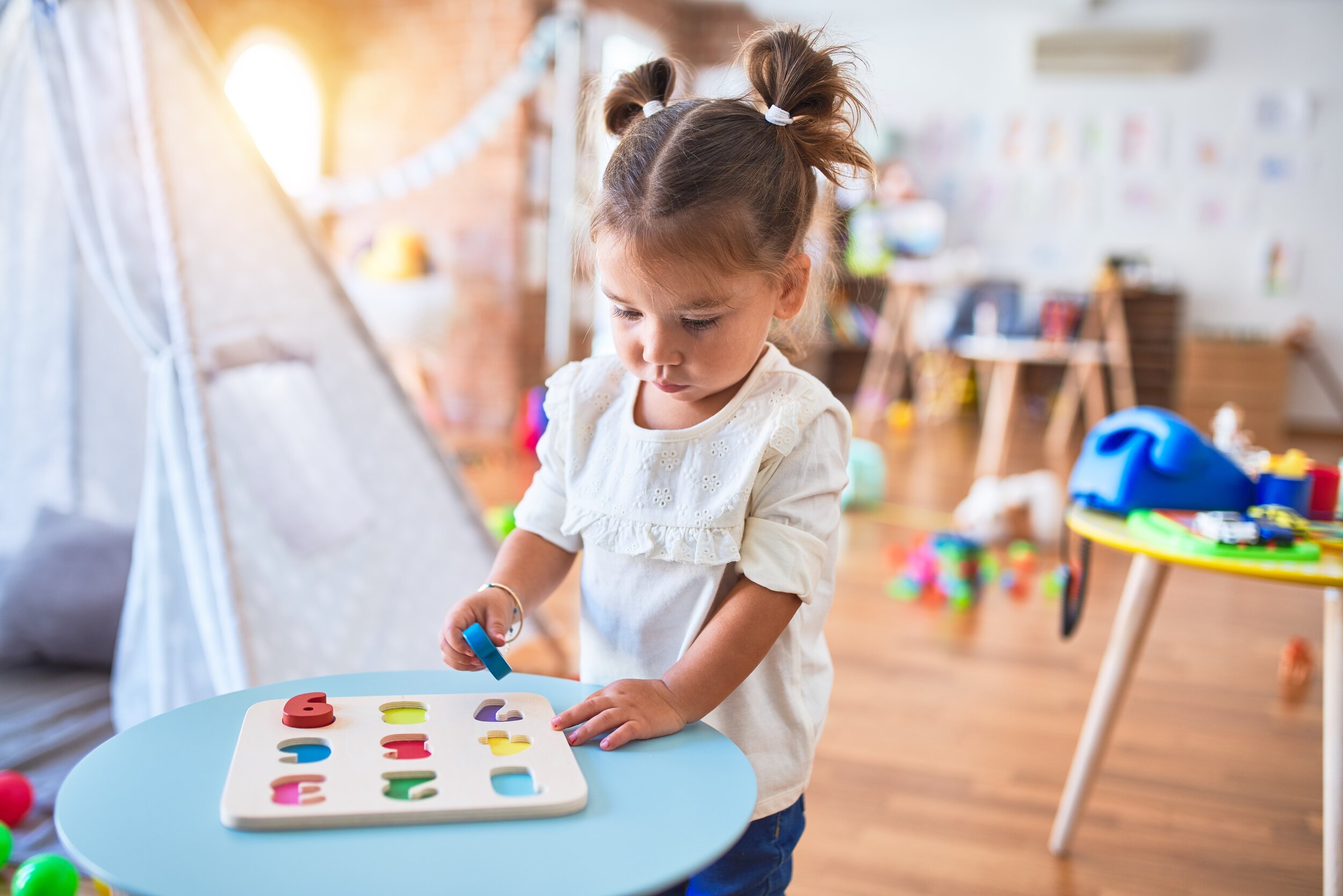By Malina Marshall, experienced early childhood educator at Whitby School, Greenwich, CT. Malina has dedicated her professional career to keeping up with best practices in Montessori and early childhood education.
To all you young parents out there who proudly sent children off to school for the first time in September, I wonder how many of you envision the long road ahead?
Do you just think about the milestones of moving on to the next stage and ultimately graduation? Or do you also consider the many steps in the lead-up to that glorious event?
Similarly, I ask: do you place emphasis on your child’s early, formative years, or do you just assume that someday your children will be successful graduates?
To answer the latter question, I believe that many parents are unaware of the importance of finding the right early childhood program or understanding the impact that a good preschool program can have on their child’s future success.
Let’s put it this way… As difficult as it may be to imagine what life will be like in 15 or 20 years, consider how your decisions today will impact your toddler’s success and happiness in the future. Many parents are proud alumni of colleges. In social circles, we hear adults credit those four years with their professional success. Rarely though do they credit the nursery school that they attended. But in light of research conducted by neuroscientists in the field of early childhood development, it is clear that we should no longer take these early years for granted.
Neuroscience Findings
According to the Center on the Developing Child at Harvard University, the brain is most active in its early years. In fact, during the first three years of life, it establishes 700 new connections every second.
Reinforcing these findings, scientists have discovered that the impact of the first three years of life have have a profound effect on developing minds and bodies. In fact, the brain is the only organ that is not complete at the time of birth – 25% of its final volume. But by age three, it is already at 85%. As a result, it is widely accepted that your child will not learn as much later in life as they are learning now, so time is of the essence for this age group to ensure proper brain formation.
These findings speak loudly. Most parents know and understand the value and benefit of quality sleep and proper nutrition for their children. What many do not know is how every experience contributes to their child’s brain development. Every moment in the day shapes who they become later in life.
Windows of opportunity
There are windows of opportunity in child development. World renowned Italian physician and educator, Maria Montessori, called them “sensitive periods,” or the time in a child’s life when the most optimal neurological wiring occurs.
As an adult, you may have experienced difficulty learning a new language. This is because brain plasticity and the ability to change behavior decrease over time. By the time we reach adulthood, our brains have already made billions of neurological connections, which can make it more challenging to rewire itself in the acquisition of a whole new language. This is not the case for a curious three-year-old, however, whose brain is absorbing new information and learning at the speed of light.
So, bearing in mind that children’s curiosity dissipates as they grow, I strongly encourage parents to pay close attention to the early childhood experience they expose their child to. In order to maximize this window of optimal brain development, it is of paramount importance to get it right early.
Sadly, a common school of thought in today’s society is that children need to be quiet, sit patiently, and listen carefully. In stark contrast to this viewpoint, American anthropologist, Margaret Mead, upheld the opinion that children must be “taught how to think, not what to think”.
So, how do parents place their children in the best environment to learn, grow, and prepare for life? The answer is in a quality preschool program where young children are given opportunities to:
learn through meaningful activities
move and learn
explore using their natural curiosity
practice social skills and emotional control
Otherwise said, in order to ensure that a child’s passion for learning continues through life, it is essential to find an environment where they can learn how to think.
But what Does a Quality Preschool Look Like?
When researching preschool programs for your child, here are some things to look out for…
Ideally, the number of chairs in the classroom will be minimal, giving young bodies the space and empowerment to dress up, play, run, pretend, jump, and bounce. We live in a society that often values education where children do not move, rote memorization is encouraged, and critical thinking skills are stifled. Instead, children should be allowed to be and do as their bodies inherently want them to: move, explore, investigate, and try new things.
Parents therefore need to consider the method of learning that is encouraged and how they can be included in that learning. As your child enrolls in an educational program, be mindful that you are also beginning your own educational journey.
Your engagement in the school community will directly impact the quality of the education that your child receives. We know that there is a high correlation between parental involvement and student motivation, so you will want to choose a place that supports your journey too.
Finding a home away from home
Children must feel like their preschool is a home away from home. If they feel comfortable in their educational environment, they will take advantage of experiences and as a result, learn better. The right preschool program will also share many of the values you teach at home, and will encourage and reinforce the same messaging to your child.
In summary, optimal learning occurs in an environment that brings out the best in children. A good fit for a child’s early childhood education is the preschool program that offers a quality learning journey and also provides opportunities for parent engagement. The right program also fosters curiosity and engages children to create a passion for learning that stays with them throughout life.







